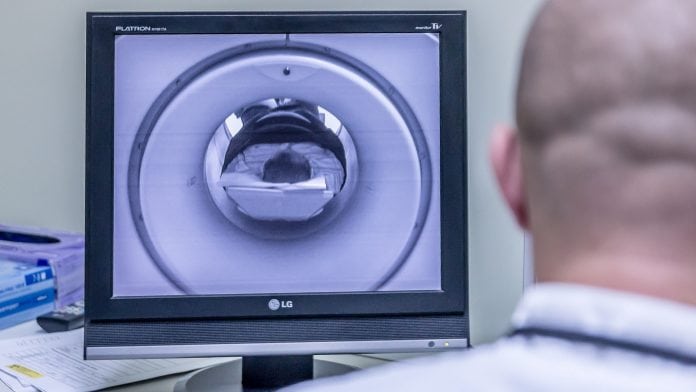
New findings from Public Health England (PHE) suggests that the way cancer patients are diagnosed may affect their treatment options.
The data explains how cancer patients diagnosed through screening were likely to benefit from more available treatment options and in addition are likely to receive treatments aimed at curing the cancer.
These findings greatly support the benefits of screening as a method of diagnosing cancer early, which in turn has suggested to lead to better outcomes for patients, essentially helping to save lives.
The national data links individual patients’ route to diagnosis, including screening, GP referrals, and emergency presentations, along with the treatment that patients go on to receive.
Data suggests screening as a better diagnosis tool
Patients who were diagnosed through emergency presentations compared to those diagnosed through screening, GP referral, or following an urgent 2-week referral saw less potentially curative treatment.
Dropping from 24% in 2006 to 20% in 2015, the percentage of cancers diagnosed through emergency presentations is improving.
Data shows 44% of breast, colon and rectal cancer patients diagnosed in this way may miss out on potentially curative treatments compared to those who are detected through a screening programme.
It is important to diagnose early
Dr Jem Rashbass, cancer lead at Public Health England: “This new data allows us to see clearly how the route through which someone is diagnosed with cancer affects the treatment that they go on to receive”
“It reinforces the importance of early diagnosis, be that through screening or GP referral – the earlier you get diagnosed with cancer the better.”
“It’s important to be aware of any unexplained changes to your body, such as the sudden appearance of a lump, blood in your urine, or a change to your usual bowel habits. If you have any concerns, always speak to your GP.”






















